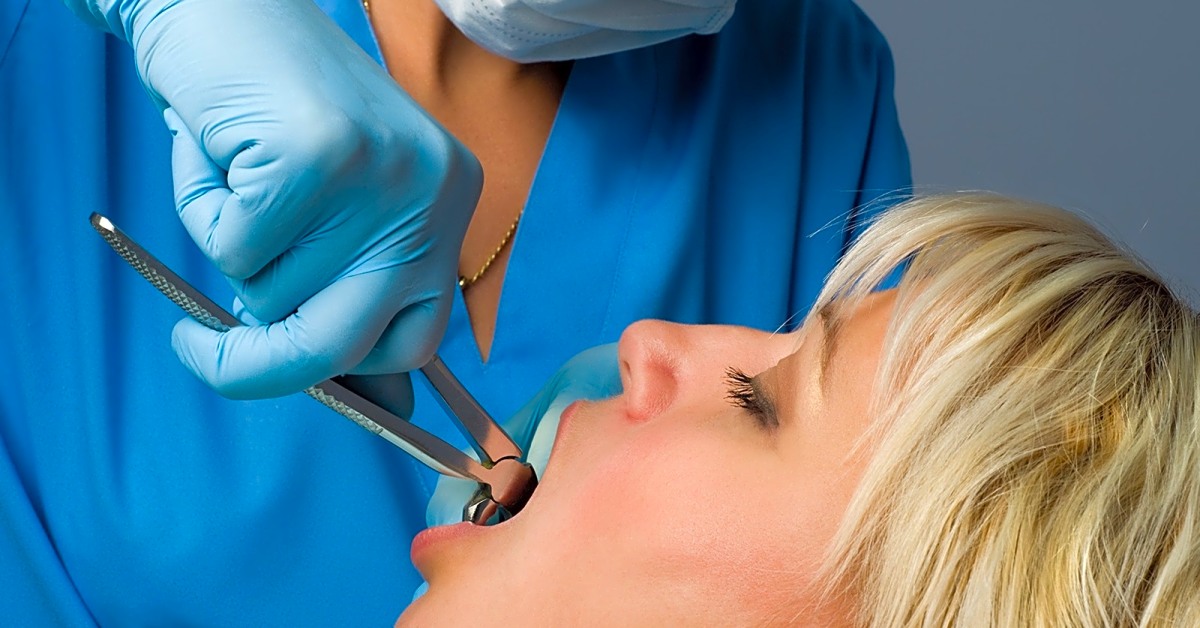Brushing and flossing regularly is critical to keeping your teeth and gums healthy. Face masks are beneficial for everyone, especially if you exercise. Dental emergencies — Any dental problem that is potentially serious and life-threatening requires immediate dental treatment to stop bleeding and alleviate severe pain and infection is considered a dental emergency. Put simply, any dental problem that puts you in an uncontrollable situation (such as severe pain and bleeding gums) and requires immediate dental treatment is a dental emergency.
If you are ever in a dental emergency, contact the emergency doctor in McKinney immediately as it is the first and most important action you need to take after a dental emergency. However, teeth that have already been weakened by tooth decay or gum disease are more susceptible to dental emergencies such as loosening, falling out, or infections. A good oral hygiene routine includes brushing your teeth at least twice a day and flossing once a day. Use an antibacterial mouthwash for even more protection.
With that in mind, make sure you always complete your entire dental care routine in the morning and evening. Please don’t, as a severe dental infection can sometimes kill the dental nerve, making it appear as though the infection is gone, although this is not possible without professional dental care. You may not be able to prevent an unexpected accident such as a fall and a fall, but if you exercise, you can help prevent injuries that require emergency dental treatment by always wearing your face mask when training and playing. You can’t prevent every dental emergency, but you can take precautions to protect your teeth from conditions that may require urgent dental treatment.
There is a saying that prevention is better than aftercare. This means that it is better to take care of your health to prevent the various illnesses from occurring than to be hospitalized later to receive treatments to get rid of your illnesses. In general, people are confused when it comes to identifying dental emergencies, which leads to further problems if they take the right action. Severe toothache that makes it almost impossible for you to eat can also lead to an emergency dental visit. This is a common problem and you’ll find that most dental offices are extremely personable and friendly and can help you resolve these issues.
During your routine appointments, they can identify early-stage gum disease, remove stubborn plaque and tartar, and clean the hard-to-reach areas of your mouth, all of which can help prevent dental emergencies. So to avoid such dental emergencies, don’t chew on hard substances such as ice, candy, or popcorn grains, and don’t use your teeth as scissors. Thankfully, there are plenty of ways to avoid the need for emergency dental services, and the following is some helpful advice. Good dental care should start early because the earlier a child gets used to going to the dentist, the less likely they are to develop fears and phobias.
If you follow the general oral care tips above, you will certainly keep dental emergencies away from you.

